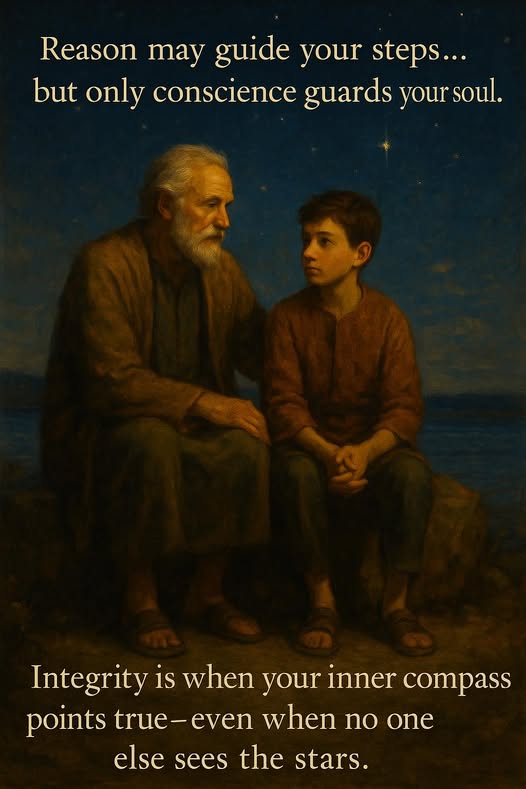
It was nearing the end of the school term, and Emil—now the class monitor—was tasked with helping the teacher finalize grades for a group project. Each team had been asked to submit a written reflection outlining the contributions of their group members. Emil was told to flag any group where a member had not participated fairly.
One of the reflections stood out. A boy named Aadil was listed as having done very little. His teammates had marked him down harshly, and according to the grading rules, that meant Emil would need to recommend a penalty—perhaps even a failing grade for that portion.
Emil didn’t know Aadil well, but he remembered seeing him often alone during lunch, sometimes arriving late or looking tired. Rumors floated that his father had recently lost his job and that Aadil had started helping out at a corner store after school.
“The rules are clear,” Emil told himself, reviewing the grading sheet. “If someone doesn’t contribute, they get marked down. That’s fair.”
Still, something unsettled him.
That evening, Emil walked with his grandfather by the riverside, their usual place for hard questions.
“Grandfather,” Emil began slowly, “what do you do when something feels technically right… but something inside tells you it might not be?”
His grandfather stopped and looked out across the water.
“Reason is a compass, Emil. It helps you chart your course. But conscience… conscience tells you whether the journey itself is worthy.”
Emil frowned. “But what if everyone expects you to follow the rule?”
His grandfather smiled gently.
“A ship can follow a compass perfectly—and still crash into a storm it didn’t see. That’s why good sailors also watch the stars. Rules help—but it’s your inner compass that keeps your integrity intact when no one else sees the sky.”
The next day, Emil didn’t ignore the project guidelines—but he chose to speak with Aadil privately. He learned that Aadil had been trying to contribute but struggled with time and didn’t want to burden his group with his family’s issues.
After a quiet pause, Emil made a decision. He submitted the report honestly, but included a note asking the teacher to consider special circumstances, suggesting a follow-up reflection assignment for Aadil instead of punishment.
His teacher later commended him—not just for leadership, but for discernment.
That night, as Emil sat under the stars, he felt a quiet calm.
He had followed the rules.
But more importantly, he had followed something deeper.

